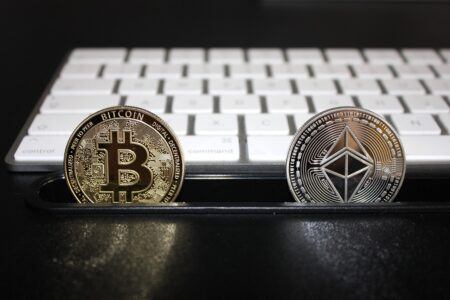Cryptocurrency investors holding between 1,000 and 10,000 BTC ($8.5 million and $85 million) have seemingly bought the dip last year, as research shows they’ve accumulated over 450,000 bitcoins ($3.8 billion) in less than nine months.
The research, conducted by blockchain analysis firm Diar, further showed that over 26% of the flagship cryptocurrency’s circulating supply, $36 billion worth of BTC, is now in addresses that hold between 1,000 and 10,000 bitcoins. In August of 2018, this bitcoin address ‘bracket’ held roughly 20% of the crypto’s circulating supply.
The firm’s data excludes Coinbase-controlled addresses, as the U.S.-based cryptocurrency exchange likely created various wallets within this bracket as a result of a reorganization in its cold storage system. The exchange, Diar notes, moved 856,000 bitcoin across 107 addresses at the time.
Diar’s report further notes the number of BTC held by wallets within this bracket surged in December of 2018, when the cryptocurrency hit its bear market low of $3,200, according to CryptoCompare data. Since then the report adds, over 1.2 million were added to this bracket.
As a result of this accumulation, addresses within this bracket now have over $6 billion more than they did the last time bitcoin was trading above the $8,000 mark, in August of last year. Per the firm these aren’t inactive addresses, as they’ve seen activity over the past three months.
The accumulation has been such that since the start of this year alone, over 100,000 BTC went into addresses in this bracket, accounting for 40% of newly minted bitcoins this year. Wallets holding between 0 and 100 bitcoins, on the other hand, saw a 126,000 increase in BTC holdings.
This, Diar notes, means the segment has remained relatively stable once we account for inflation. Overall, these wallets – dubbed retail size wallets – hold 38% of bitcoin’s circulating supply.
Notably, a recent survey has shown that most U.S. college students would rather receive one dollar over one bitcoin when asked. It showed public awareness of cryptocurrencies may still be lacking.









